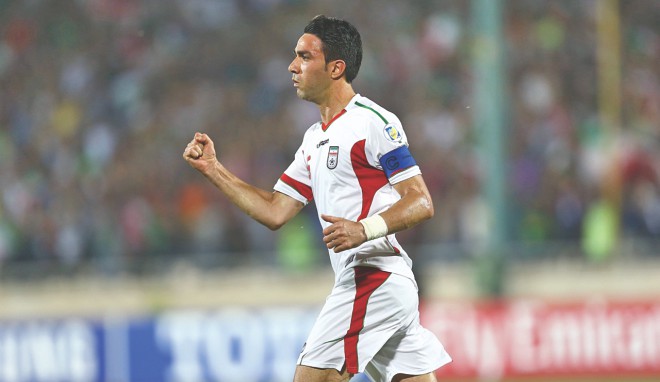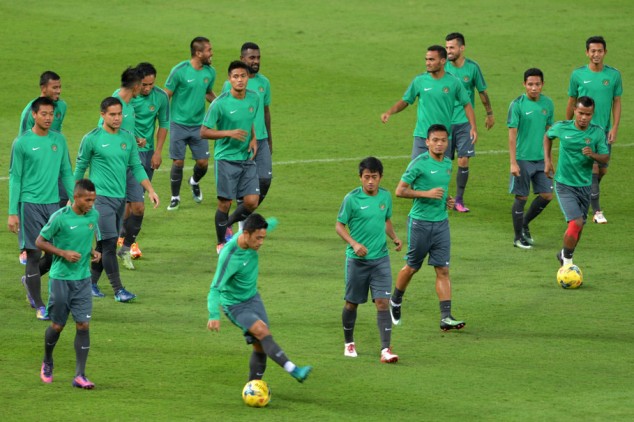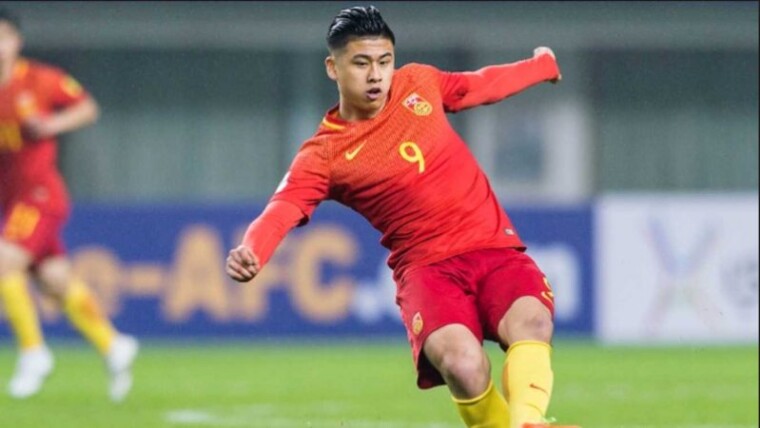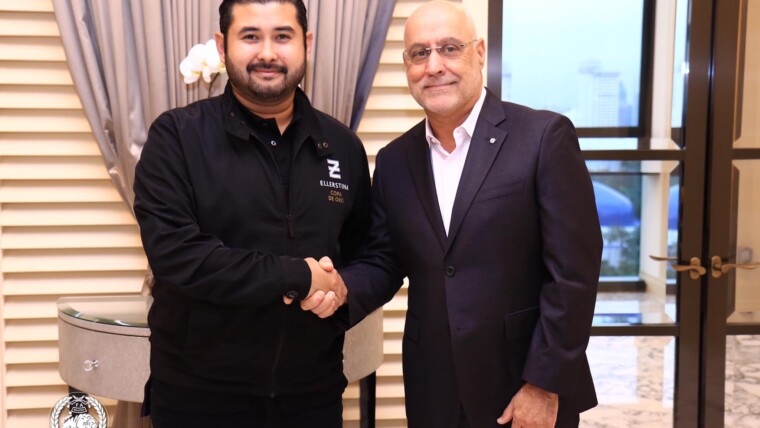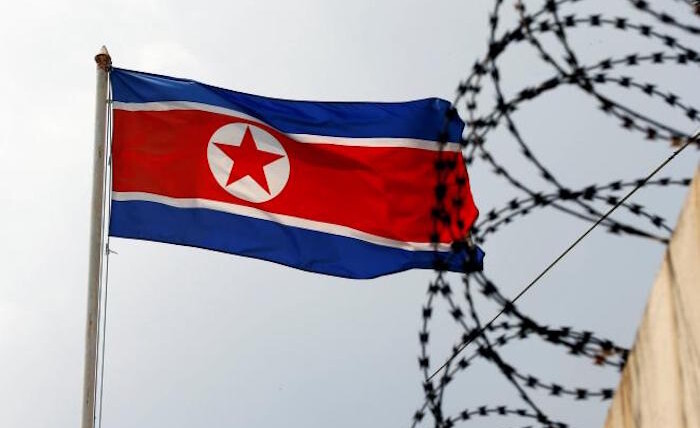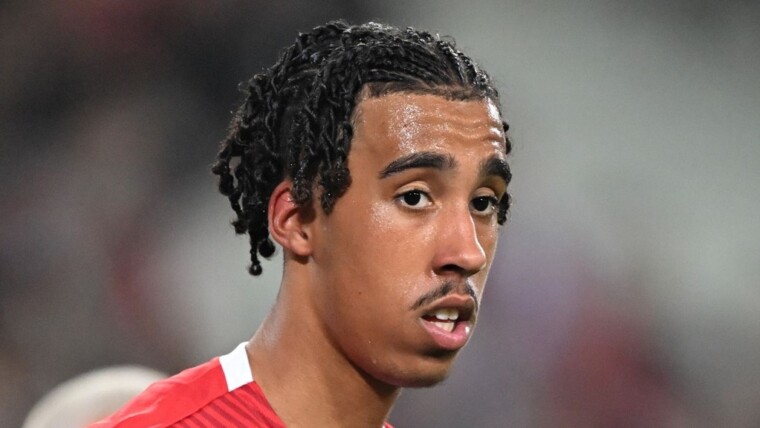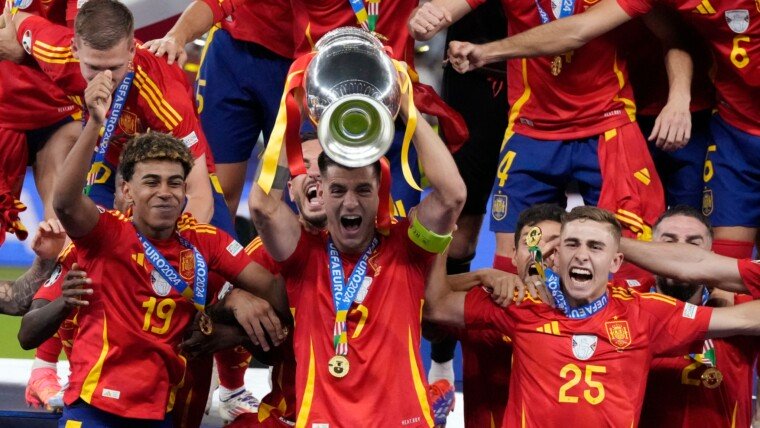BEST OF THE REST:
But let’s be positive. Let’s assume the crowds turn up, and the football is classic. Which other nations will likely impress?
Another of the Nations who struggled to catch the eye in Brazil were Iran. Carlos Queiroz’ squad are one of the oldest in the Tournament, and this could be the last hurrah for a whole batch of players. Javed Nekounam will be 36 by the time the next World Cup Qualifiers reach the final stages, and the Osasuna midfielder has been running economically for several years now. Midfielder Andranik Teymourian, key defenders Khosro Heydari, Amir Sededhi and Jalal Hosseini, plus winger Masoud Shojaei are all 30++. Age eventually catches up at International level. And whilst Iran may still be a factor in this tournament, the Persians have named a squad with the future in mind.
Ten of the 22 selected have 10 caps or less. If Iran are to thrive in a group featuring emerging Qatar and United Arab Emirates, it means a lot of responsibility going forward rests on the shoulders of Ashkan Dejagah & strikers Reza Goochannejhad and Karim Ansarifard. A 1-0 friendly win over South Korea in Tehran in November shows that the group can still perform at the top-level. But the question is if they can do it over three group games, and three hard knockout matches.
UZBEKISTAN
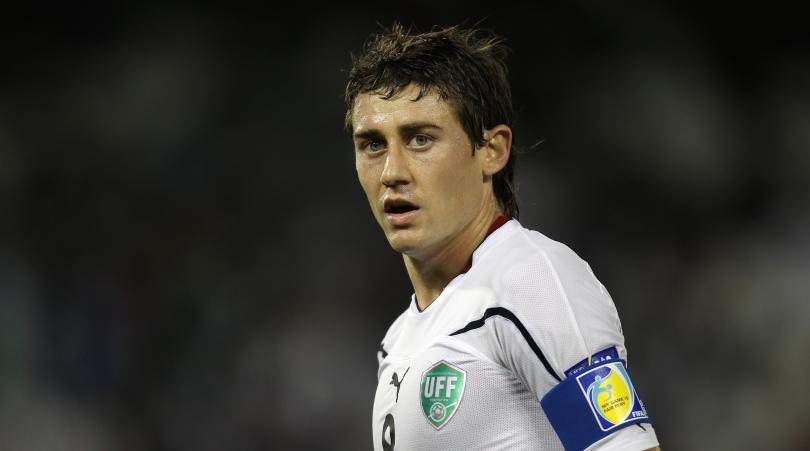
It has been a decade of “nearly” for Uzbekistan. Fourth in the 2011 Asian Cup after a 6-0 loss to Australia in the semi finals; Quarter finalists in 2007 and 2004, and only beaten in playoffs for World Cup qualification ahead of both the 2010 and 2006 tournaments, the Uzbeks have thrilled and driven their supporters to despair in equal measure. This correspondent has loved – with a passion – the performances of Uzbekistan’s International football team over the last decade. The Uzbeks have proper defenders such as Anzur Ismailov who has a “you shall not pass” mentality. In Odil Ahmedov and Timur Kapadze established quality in attacking midfield. But most of all, they have Server Djeparov. The Korean based playmaker is a magician with a wand for a left foot. He is Kasimov’s replacement in the team, and his leader on the pitch.
But you feel that if Uzbekistan are to make an International statement, this is their last chance to do so as so many of the team leaders are getting into their thirties. Warm up results have been encouraging, and this is a difficult team to turn over. From a group comprising Saudi, China and North Korea, progress is very possible – and then they would likely come up against either South Korea, or the hosts Australia. And that, I fear, is where Uzbekistan’s International football love in will end. But it has been one heck of a ride and, in Keegan style, I would just love it if they could go all the way to the final. For all the pleasure they have given in the last 10 years, they deserve one moment in the limelight.
QATAR
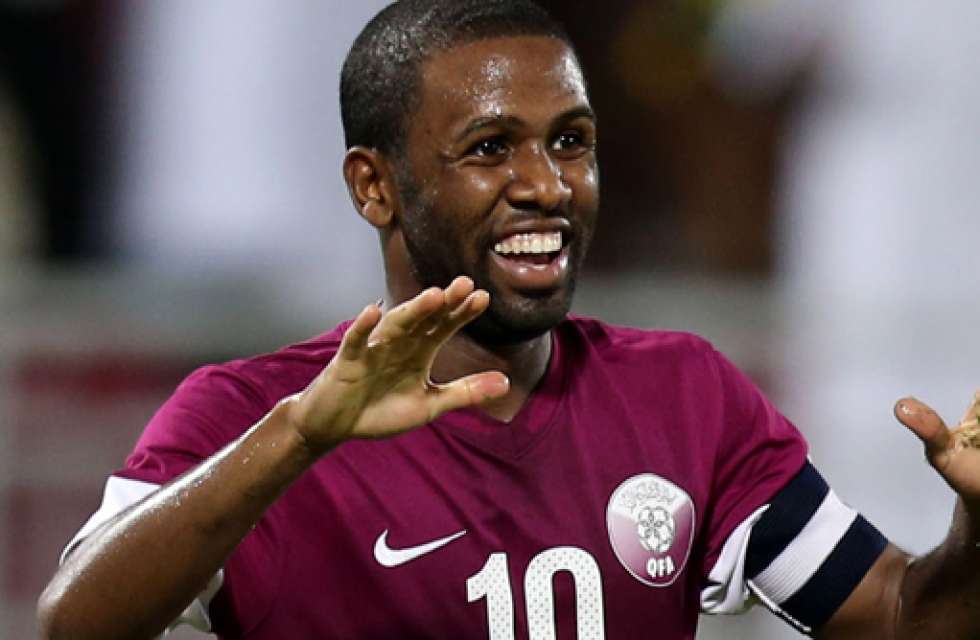
There’s so much furore surrounding Qatar’s hosting of the World Cup in 2020, that nobody has really taken notice of their progress on the field of play. They recently won the Gulf Cup with a victory over Saudi Arabia, and their Domestic League, whilst littered with big name foreign players, is also the breeding ground for a good group of Qatari players. At one time, it would have been possible to accuse Qatar of “importing” success. South American talent such as Sebastien Soria – born abroad but Qatari citizens – were fast tracked into the International team, and took Qatar to previously the heights of a heart breaking quarter-final loss to Japan in 2011. There are still eight players in the 2015 squad not born in Qatar, but the perception is changing that they are buying success.
The majority of players are genuinely home developed, and the team leaders such as Bilal Mohammed, the brilliant if erratic Khalfan Ibrahim, and flying wingers Al Haydos and Ismail Mohammed are very much Qatari. The Qatar squad is, as all good squads, a combination of youth and experience. Central defender Bilal has over 100 appearances to his name for his Nation, and with an average squad age of just under 25, this team could be ready to make a breakthrough. Iran, UAE and Bahrain are formidable group opponents, but this team – with its players largely drawn from the ultra competitive Qatari domestic league, are capable of making it to the semi finals.
CHINA

China, of course, should be a much bigger threat to the footballing big guns of Asia that they actually are. But the loss to Japan in the final – on home soil – of the 2004 Asian Cup Final stopped the development of the International team in its tracks. That final in Beijing was supposed to mark the arrival of China as an International footballing force. The loss heralded the start of a woeful time and China are only in the finals this time because they were the best of the third placed teams in the Group phase. And that was a mighty close run thing with a late penalty securing their berth by a single goal ahead of Lebanon.
French Coach Alain Perrin – recently succeeding Jose Antonio Camacho – goes into the Tournament knowing that a billion people expect him to succeed with a squad that, although it possesses 6 of the 2013 AFC Champions League winners Guangzhou Evergrande squad, possesses only one player –Zheng Zhi – with experience of life outside the Chinese Super League. Gao Lin and Yang Xu both know where the back of the net is both domestically and internationally. However, the recent form book which shows just one defeat in the last 10 matches isn’t as impressive as it seems. All 10 of those matches were played in China, and opposition included – with respect – Kyrgyzstan (twice), Palestine, New Zealand, Kuwait and Thailand. And playing outside of China, in the last 18 months, of 10 matches played on the road, six were lost, three drawn and just one won. So maybe I shouldn’t have put them in the “Best of the Rest” category.
QUESTIONABLE QUALIFICATION ROUTES
China’s convoluted road to Australia brings up another issue surrounding the Asian Cup. Qualification methods.
It’s very understandable that the AFC want some of the “emerging” footballing Nations – particularly India, though they didn’t qualify this time – to get through to the Finals. But is it right that qualification secured from the AFC Challenge Cup of 2012 qualifies a Nation – Peoples Democratic Republic of Korea on this occasion – for a Regional tournament in 2015?
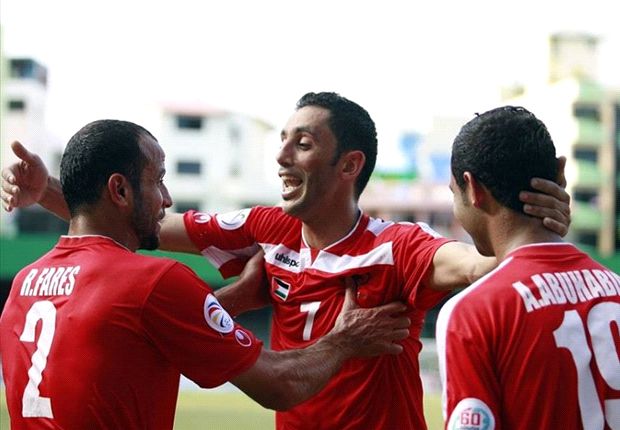
Palestine won the 2014 edition of the AFC Challenge Cup which is for “Emerging Nations”. And whilst the expansion of the Asian Cup to a mind-boggling 24-nations for the 2019 Finals means that the tournament will no longer secure a Finals spot, for the likes of Malaysia, Singapore, Vietnam and Thailand, the fact that a nation such as Philippines – their contemporaries at ASEAN level – get another shot at qualification through an AFC Challenge cup – seems unfair.
To be continued…
Part One of the AFC Asian Cup Preview is available here!
Other posts by Dez Corkhill


